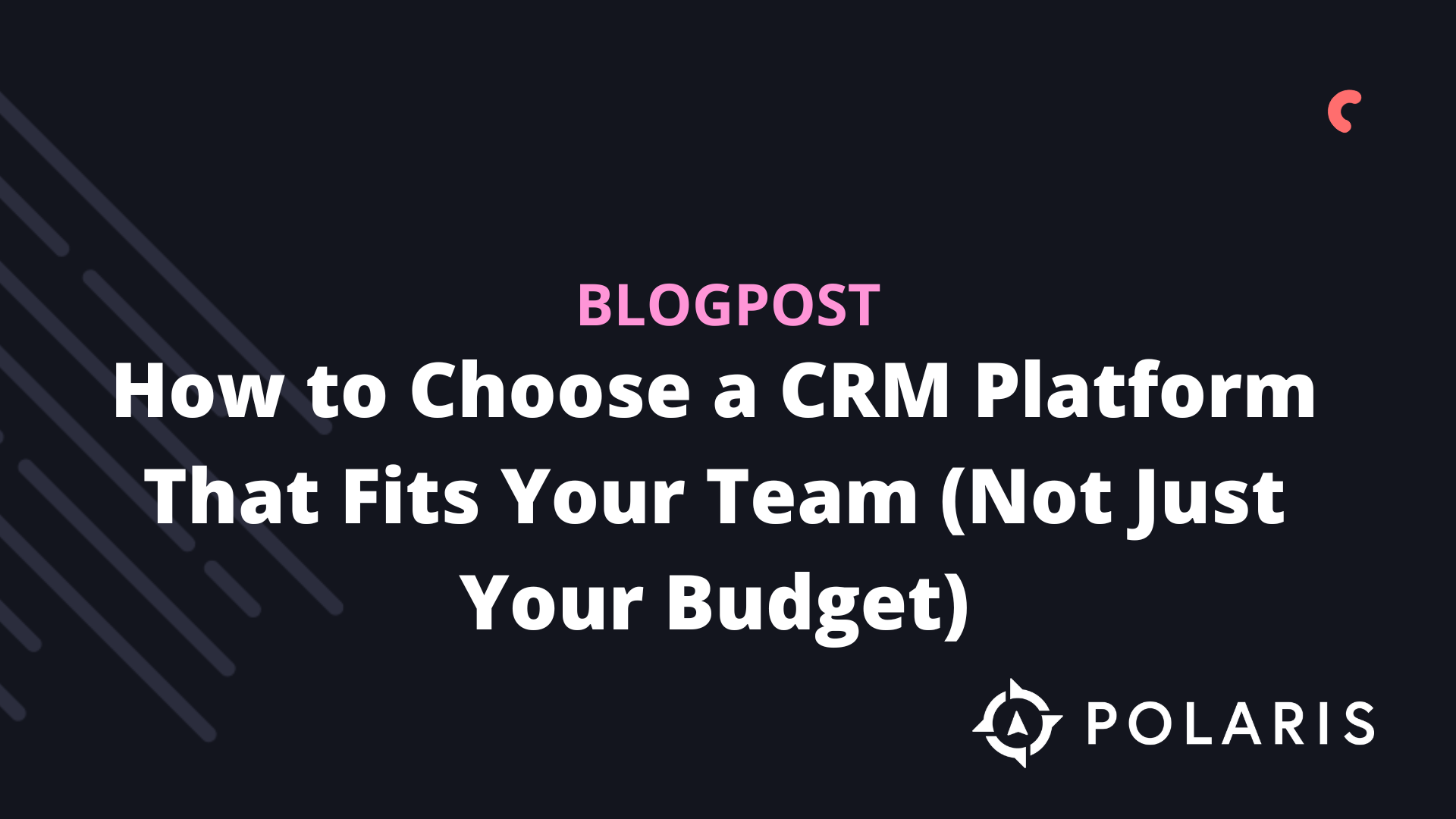Do’s and don’ts to make your webshop known by using PR



As an e-commerce entrepreneur, you want more people to become familiar with your brand. It’s only logical to start using PR because it helps you gain exposure in independent news media, making your brand more recognizable. However, PR is no easy task. While you can buy an advertisement, PR is about earning attention (hence, it's called earned media). A company that receives a lot of media attention is often seen as an authority in the market. And the best part? PR is free. But how do you get started? In this article, I will share four do's and don'ts to help increase earned media.
I'm Aaron Mirck, a senior PR consultant with extensive experience launching new companies such as Hiiper, DatHuis, and 5miles. My experience has shown that PR agencies are very expensive, and companies that want to handle PR themselves often don't know where to start. My mission is to make PR more accessible to more companies and organizations. That's why I am happy to share my knowledge, including through Presscloud, so you can fully realize your PR ambitions.
The do’s and don'ts in this article will help you create content that’s newsworthy. I will also explain how to engage with journalists so that they might choose to create an item about your company or product. This could be on the radio, TV, in a newspaper, or on a blog; ultimately, the goal is for your brand to be discussed by independent media. Despite the ongoing discussions around fake news, we still trust the media to keep us informed.
Four do’s
#1 Do: Start with a plan
First, identify what makes your platform newsworthy. There are various ways to create newsworthy content – which you’ll find in this article.
Once you have an idea for the news story, package it into a press release or another textual format. Journalists still look for content they can use for their channels. Good, independent content is often adopted one-to-one.
Next, distribute the message to journalists you believe will find it interesting. That’s how PR works: you create relevant content and share it with journalists.
Is it really that simple?
No, it’s quite challenging to create a newsworthy story. There are also many ways to ruin your relationship with the press—something you definitely want to avoid. That’s why having a solid PR strategy is so important. In these articles, I’ll teach you more about a good PR-strategy and PR-planning.
#2 Do: Find your organization’s raison d'être
Imagine you’ve set up an online store to sell sustainable and local products. You want the site to be featured in the news so more people will order and use local and sustainable products. You could tell the world how you developed the site, but that’s not what journalists want to write about.
There’s an underlying reason why you launched this site, and that’s the hook for the press. Due to the COVID-19 crisis, we’ve become more aware of the importance of local products, as logistical chains were severely disrupted. Because we had to stay home, many of us started going outdoors more and rediscovered nature. To protect nature, sustainable production is essential.
The good news: your webshop provides a solution to these problems, making it a logical part of the news story. Focus on the Why.
#3 Do: Share knowledge (e.g., data)
Many startups have a wealth of data that they only use for commercial purposes, while it could also be newsworthy. Think of a website that compares grocery prices and therefore knows all the prices of supermarket products. Zooming in on that data could create news. If it turns out that some promotions aren’t worth it (e.g., just a few cents off), that’s something we find frustrating enough to be newsworthy.
Is all data newsworthy?
No, newsworthy data often taps into existing sentiments, highlights social developments, or surprises us.
Can you only share knowledge through data? No, sometimes a groundbreaking perspective alone can make the news without needing any data.
#4 Do: Have an opinion (on something you don’t profit from)
How do you make news without data? By taking a stance—on something where you don’t have a commercial interest. Take, for example, ‘Airbnb for boats’ Barqo, which commented on the EU’s immigration policy on BNR (a Dutch news radio station). This strict legislation makes it harder to attract talent, so startups grow slower, which threatens the growth of the Dutch economy. These views/opinions mainly require logical arguments that convince—and they don’t always need to be supported by data.
Not every opinion or view is newsworthy. If you produce car tires and argue that tires should be replaced more often for safety reasons, even Ray Charles could see that’s quite commercial.
Four Don’ts
#1 Don’t: Expect journalists to advertise for you
You probably have the best company in the world, with the best people working to create the best product ever. And maybe there’s even an independent party that confirms you are indeed the best on earth. But it’s unlikely that a journalist will want to present that message as news. That’s because you have a different interest than an editor—and it’s worth keeping that in mind.
That’s why it’s important to create objective content. It helps to (just like in a journalistic article) put the most newsworthy facts at the beginning of the text, come up with a catchy headline, and write as objectively as possible. Don’t forget to include your contact details at the bottom of the message, so you’re reachable if there are any questions in response to the message.
#2 Don’t: Be careless with press contacts
Journalists are people too. They appreciate it when you call back if you promised to do so. Don’t call or email them every day when you’re trying to pitch a story. There are plenty of people and companies that don’t consider their dependent position relative to the press. You want them to write about you—a journalist has a deadline, and you are just one of the options for the piece they are working on.
How should you handle it? Ask how you can make the editor’s life easier. This can be in very small things, like including copyright-free images that enrich the piece or simply responding quickly to a journalist’s request. It makes things a lot easier.
Why is this important? Many media outlets are seeing their advertising budgets shrink due to declining visitor numbers, listeners, or readers. As a result, there is less money available for the editorial staff—but the newspaper still has to be filled. Do yourself a favor and help a journalist write about your online store.
#3 Don’t: Think some things are only news in your world
You’ve moved into a new office building. As a result, you’re very busy packing your stuff and setting up your new office. It demands a lot from your company. But I have some bad news for you: this isn’t news. Your neighbor might respond if you tell them you’re moving—but do they really care? Does it change their life?
The same goes for launching new services, businesses, and products indiscriminately. If you can’t explain why this new solution is needed, it’s not necessary to have the illusion that a journalist would write about it. A good litmus test is to read a trade journal or newspaper and see if similar stories have been published to the one you have in mind. Always ask yourself: is this ‘shareable,’ and are similar stories being written in the press?
#4 Don’t: Use a press list with 10,000+ contacts
If you want to sell insurance, it might be helpful to call 1 million consumers and offer them that insurance. Insurance is general enough that it might work to go broad. However, this doesn’t apply to distributing news.
Why doesn’t it make sense to send the same message to thousands of journalists? First, you’ll end up on many journalists’ spam lists. Not ideal if you want to reach them later. Additionally, a journalist wants to know why you think this topic is relevant for that journalist or that medium.
How should it be done? “I’m reaching out with this message because I see you write about the housing market for NRC. I have a message about a study on real estate agents, and I think your readers might find it interesting.” Because: journalists are people too—they like to be approached personally when they believe your message is relevant to them. Just like you do.
You can find relevant journalists by closely following the media and discovering which topics they cover. You can also use platforms that collect journalists' contact details, such as Presscloud.
Conclusion
I hope the above tips help you draft your first press release. Also, follow the the PR-Academy at Presscloud, where we post two new blogs each week with PR tips.
%20(1).png)





